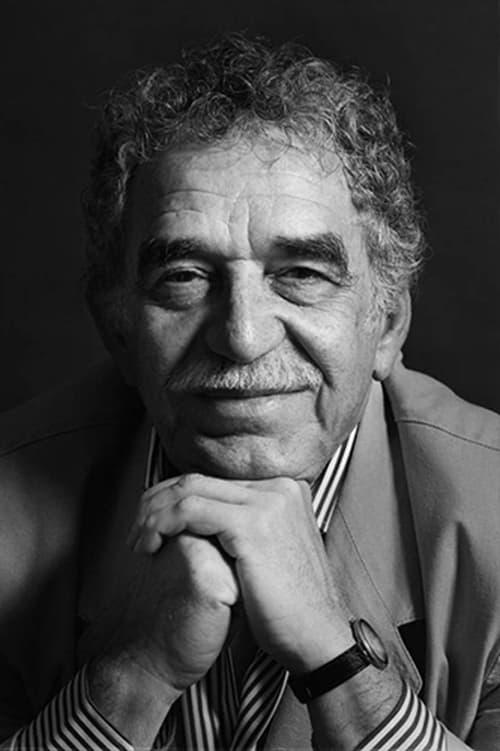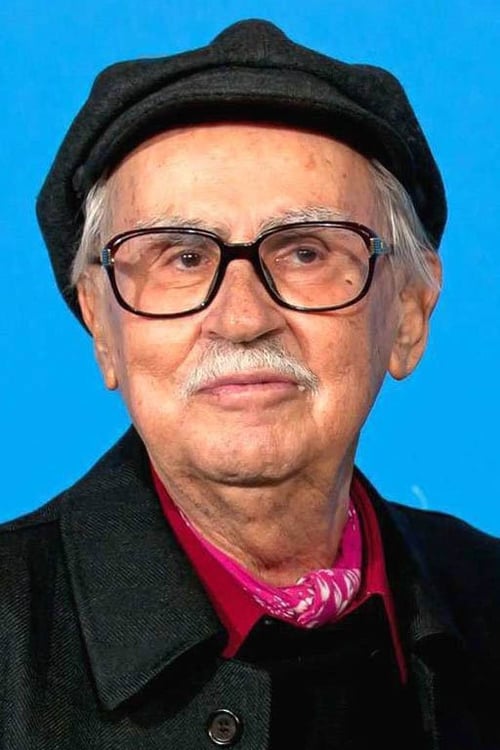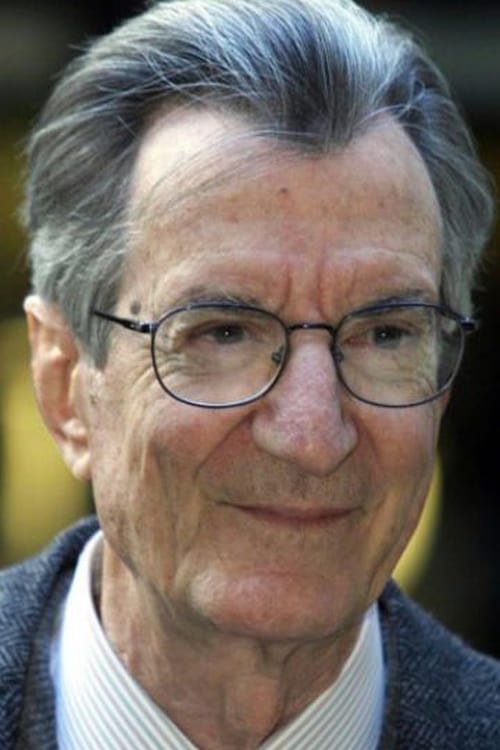We Weren't Just Bicycle Thieves: Neorealism (2013)
ジャンル : ドキュメンタリー
上映時間 : 1時間 15分
演出 : Gianni Bozzacchi
シノプシス
This short film tells the story of the most important cinema trend that Italy has ever produced - Neo Realism. Born after the Second World War, this veritable cultural revolution rapidly became a boundless source of inspiration for movie-makers throughout the entire world. Even today it influences those wanting to produce quality movies characterized and identified as Italian products able to be exported as well. It is precisely one of the masters of this unique current rich in different personalities who introduces the story - Carlo Lizzani - whose 'lesson' reconstructs the birth and development of Neorealism in Italy. It combined innovative movie techniques with a new view based on a 'true' interpretation of reality. Due to its high cultural value, this short film was given the highest reknown of the Presidency of the Republic of Italy.

A farm family moves into a city maybe at the end of the Spanish Civil War. They move in with the sister of the farmers wife. In the city everything is illegal or immoral or both.
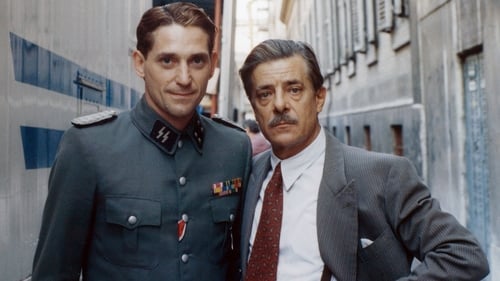
June 1944. In the newly liberated Rome, Roberto Rossellini and Sergio Amidei decide, against all odds, to make an unprecedented, true-to-life film on the tragic events that occurred during the Nazi occupation: Rome, Open City .
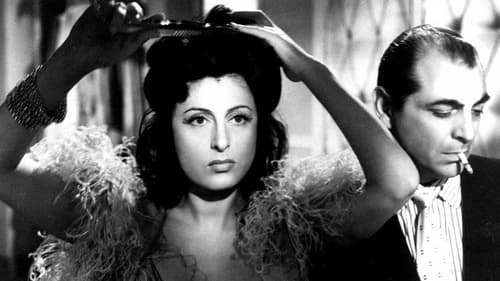
Among others, Ernesto returns to Turin after the war from a German POW camp; his household destroyed and family deceased, he tries making an honest living.

While on vacation in Rome, married American Mary Forbes becomes entangled in an affair with an Italian man, Giovanni Doria. As she prepares to leave Italy, Giovanni confesses his love for her; he doesn't want her to go. Together they wander the railroad station where Mary is to take the train to Paris, then ultimately reunite with her husband and daughter in Philadelphia. Will she throw away her old life for this passionate new romance?
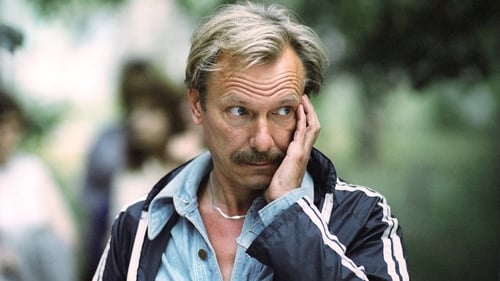
A rare astronomical phenomenon — the parade of planets — has a strange effect on several men. The heroes of the film — an astrophysicist, locksmith, salesman, architect, loader, trolley bus driver — are called up for military training, which ends ahead of time. There is a strange pause in their life — no one knows where they are, no one is waiting for them, and they themselves can not rush anywhere. This short respite in a hasty and busy life gives the heroes the opportunity to experience strong and very important feelings for them.

A young man tries to make some money so he can marry his girlfriend. He takes a job for $2,000 and then soon realizes that this job involves killing a woman.

A tribute to Isabella Rossellini's father
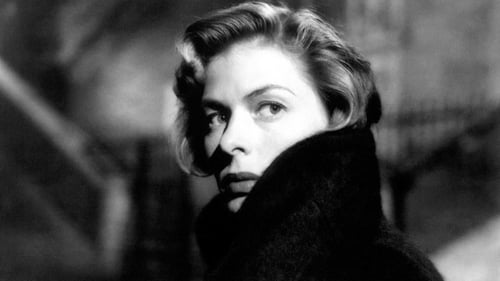
A wealthy, self-absorbed Rome socialite is tacked by guilt over the death of her young son. As a way of dealing with her grief and finding meaning in her life, she decides to devote her time and money to the city’s poor and sick. Her newfound, single-minded activism leads to conflicts with her husband and questions about her sanity.

Director Maurizio Nichetti is invited on TV to introduce a screening of his neo-realist classic 'The Icicle Thief'. He is horrified to discover that his black-and-white tale of life in poverty is constantly interrupted by garish color commercials, and even more horrified when a power cut in the studio causes film and commercials to mix up – a glamorous model finds herself in the arms of an unemployed pauper, while his wife finds herself in consumers' heaven. Nichetti has to break into the film to try to sort everything out.
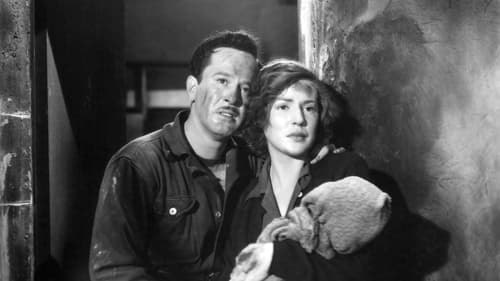
A poor neighborhood in Mexico City. Carpenter Pepe el Toro lives peacefully with his daughter Chachita while woos the pretty Celia, but tragedy knocks his door when he is falsely accused of having perpetrated a felony.

Del and his friends agree to take part in a robbery with a boy fresh from the borstal. When Del falls in love with Irene they decide to run away from their nagging parents - and the law.
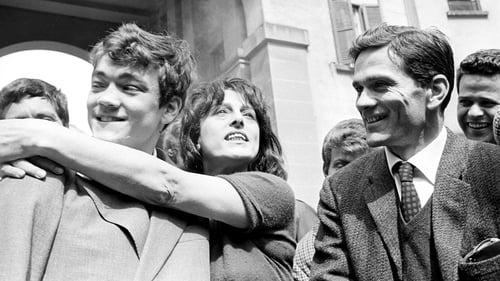
After years spent working as a prostitute in her Italian village, middle-aged Mamma Roma has saved enough money to buy herself a fruit stand so that she can have a respectable middle-class life and reestablish contact with the 16-year-old son she abandoned when he was an infant. But her former pimp threatens to expose her sordid past, and her troubled son seems destined to fall into a life of crime and violence.

A teacher discovers his calling. Marco relocates to Palermo from Milan and takes a job teaching in a reform school while he waits for a high school position. He tries to understand and motivate his handful of students, reading them colloquial poetry, encouraging them to stand up for their rights, finding out about their histories. Natale, in for murder, enamoured of the Mafia, the King Rat within the group; Mery, a drag queen, arrested for assault when defending himself, in love with Mario and, in daylight, rejected by all; Pietro, illiterate, muscular, believing his destiny is set; the callow Claudio, vulnerable, learning to harden himself. What can Mario learn and do in such a short time?

World-renowned director Martin Scorsese narrates this journey through his favorites in Italian cinema.

The film represents life in a godforsaken Russian village. The only way to reach the mainland is to cross the lake by boat and a postman became the only connection with the outside world. A reserved community has been set up here. Despite the modern technologies and a spaceport nearby the people of the village live the way they would in the Neolithic Era. There is neither government nor social services or jobs. The postman's beloved woman escapes the village life and moves to the city. Postman's outboard engine gets stolen and he can no longer deliver mail. His normal pattern of life is disrupted. The postman makes a decision to leave for the city too but returns before long with no certain reason. The script is based on real characters' stories. People from the village play their own parts in the film. The search for the protagonist lasted for over a year.
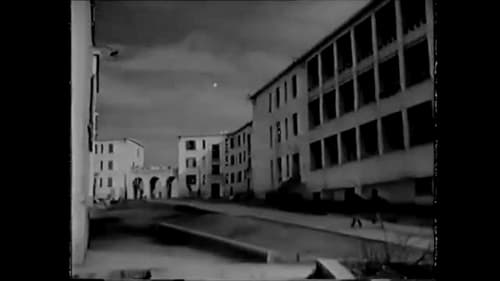
On the evening of March 11, 1950, Annabella Bracci, a 12-year-old girl, was brutally killed and thrown into a pit on the outskirts of Rome, near the village of Primavalle. A brief and poetic account of the events and their impact on an impoverished community. A handful of wild flowers and a painful catch in the voices.

An anthropologist investigates the origins of human evolution. She had suffered a mental trauma during her childhood when her father, a submarine captain, died during the war. This trauma periodically destabilizes her condition. The ghosts of a prehistoric past and a violent death collide in the subconsciousness of the scientist to give birth to an unexpected theory of the origins of human beings.

Newspaper Boy is a Malayalam–language Indian film released in 1955. It is the first neo realistic movie in the language. The film, a drama of stark realism, narrates the life of the common man on the street. The film is noteworthy in that the entire production programme from script-writing to direction was controlled and executed by students.

A film scholar named Mark Shiel discusses the history of italian neo-realism in filmmaking, accompanied by rare still photographs and newly restored film footage.

On the day they move apartments, a couple struggles to get everything in order before the landlord arrives for a final inspection.


